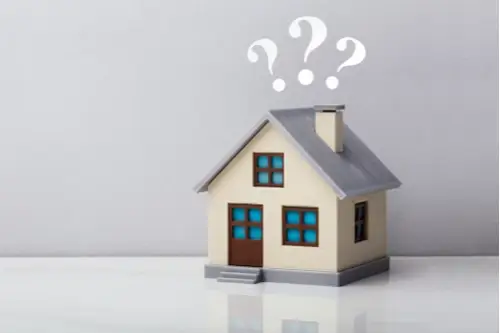
Roughly 9% of all U.S. homebuyers in 2020 were unmarried couples. If you and your partner are considering a house purchase before tying the knot, there are some important questions you should ask yourself to see if it makes sense.
- How does the law see our purchase?
In a few states, you are considered to be in a common law marriage by living together, but in the majority of the country, you are simply viewed as individuals when it comes to your assets. That means you’ll need to decide together what clauses and protections to put into your property agreement. - Should we both be on the mortgage?
If one of you can qualify on your own for the mortgage, you do not have to put both names on it. This might be more helpful if one of you has poor credit that might make it harder to be approved or would increase the interest rate on the loan. However, if there are disputes down the road, the partner not on the mortgage would lose all claim on the house, even if they have been contributing to the monthly payments all along. It is possible to put just one partner on the mortgage, but both names on the title. The risk is greater to the one on the mortgage though, as in a dispute they will have to legally split the home’s value with the partner who has had no technical financial responsibility for the home loan. - What happens if we break up?
Of course, you never plan to break up, but things change. If there is no property agreement when you two split, the home must either be sold or one of you can buy the other out. It is much better to specify the details of such a situation while you are both amicable; otherwise, it could end up being a disastrous financial battle.
If you break up and one of you wants to keep the house, you’ll have to refinance the mortgage to get the other person’s name off the loan. If you have to buy the other person out, you might be able to use a cash-out refinance to pay them their portion from the saved-up equity. - What happens if one of us dies?
If you were married and without children, the house would legally pass to the surviving partner, but that will not necessarily apply to you if you have not left a will or specified such circumstances in the original purchase agreement. Before you sign on to the mortgage, you’ll need to decide the type of ownership you’ll have on the property deed. It can be “joint tenancy with rights of survivorship,” which means the survivor inherits the deceased person’s share of the home. The other option is tenancy in common, where each person owns a percentage of the house and when they die their share goes to their estate or trust. - Who gets the tax benefits?
If there are any mortgage interest deductions available for your house, only one of you will be able to claim them on your taxes as you are filing separately. You should decide who gets to take advantage of this and put it in writing to prevent any future disputes.
Buying a home with an unmarried partner can require extra caution and steps, so be sure you understand the implications before making your purchase. Call us today if you have any questions.

